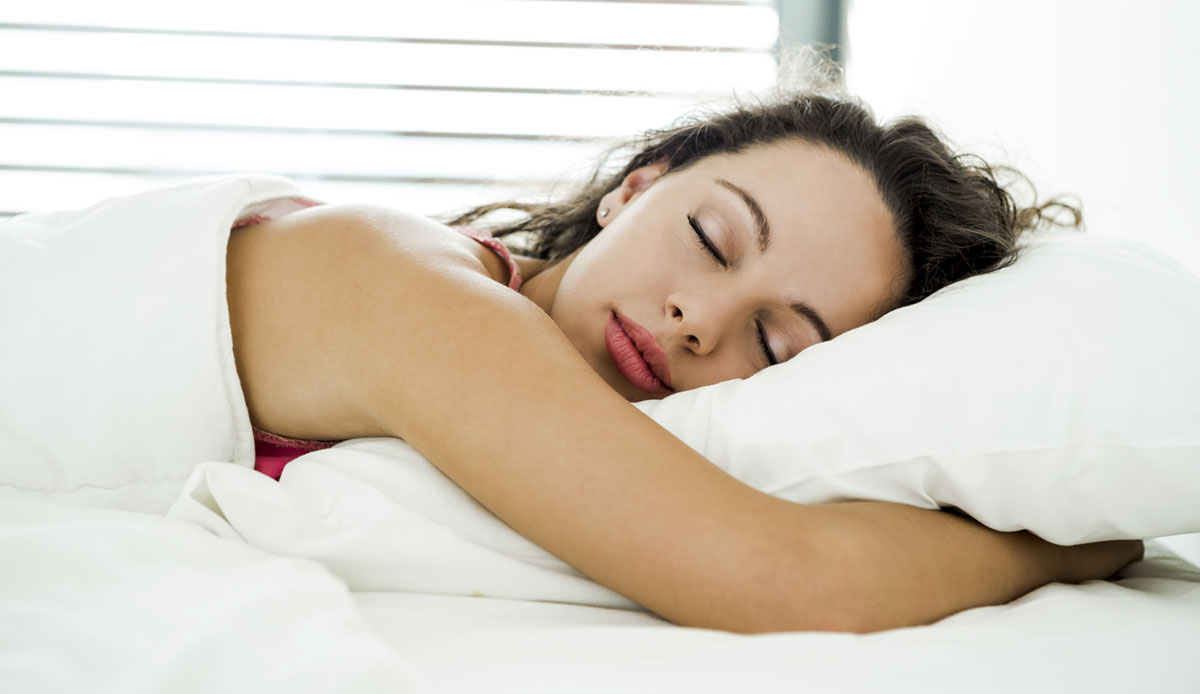The greatest strength of Chinese Medicine is the ability to treat each patient as an individual. You are not your disease, but rather a person currently experience a set of symptoms.
The saying, “One disease many treatments” is a Chinese Medicine comcept demonstrating this idea of individuality in care, even with several patients who have the same complaint. Let’s explore the meaning of this saying through the lens of a very common condition – Insomnia.
I think we can all agree that insomnia is a sleep problem, typically defined as “difficulty sleeping”. But how many different types or expressions of sleep difficulties are there? Here are some of the complaints we hear from patients in the clinic:
- Difficulty falling asleep – it takes more than 10 minutes, even hours to fall asleep (mind and/or body is restless OR lack of sleepiness)
- Difficulty staying asleep – waking in the night with difficulty falling back to sleep
- Dream disturbed sleep – sometimes described as vivid dreams or nightmares
- Sleep walking, sleep eating
- Night sweats interfering with sleep
- Pain interfering with sleep
- Restless sleep – tossing, turning, possibly restless legs
- Early awakening – preventing adequate sleep
- Waking without feeling refreshed
You can see these are all different expressions of “difficulty sleeping”. When you go to the medical doctor, there may only be one solution to all these sleep problems – sleep medication. The type of medication may vary, but typical are the sleep drugs Ambien or Lunesta, or the anxiety drugs Xanax and Valium. Common home treatments include the over the counter medications such as Tylenol PM, Aleve PM, Unisom, all of which contain sedating antihistamines.
Another common home remedy is melatonin, the hormone that normally initiates sleep. Melatonin can be a good place to start but notice that none of these drugs(including melatonin) address the cause of the problem. They just subdue the brain, with risk of a brain hangover.
Typical treatment for insomnia, addresses all sleep problems as if they are the same. Hopefully you can see by now, this is a problem.
As Doctors of Chinese Medicine, we evaluate each patient individually and ask a great deal of questions to understand the cause of and type of sleep problem. We then develop a treatment plan, typically with acupuncture and Chinese herbal medicine.
The individual nature of treatment ensures lasting results. The type of treatment you need and deserve.


